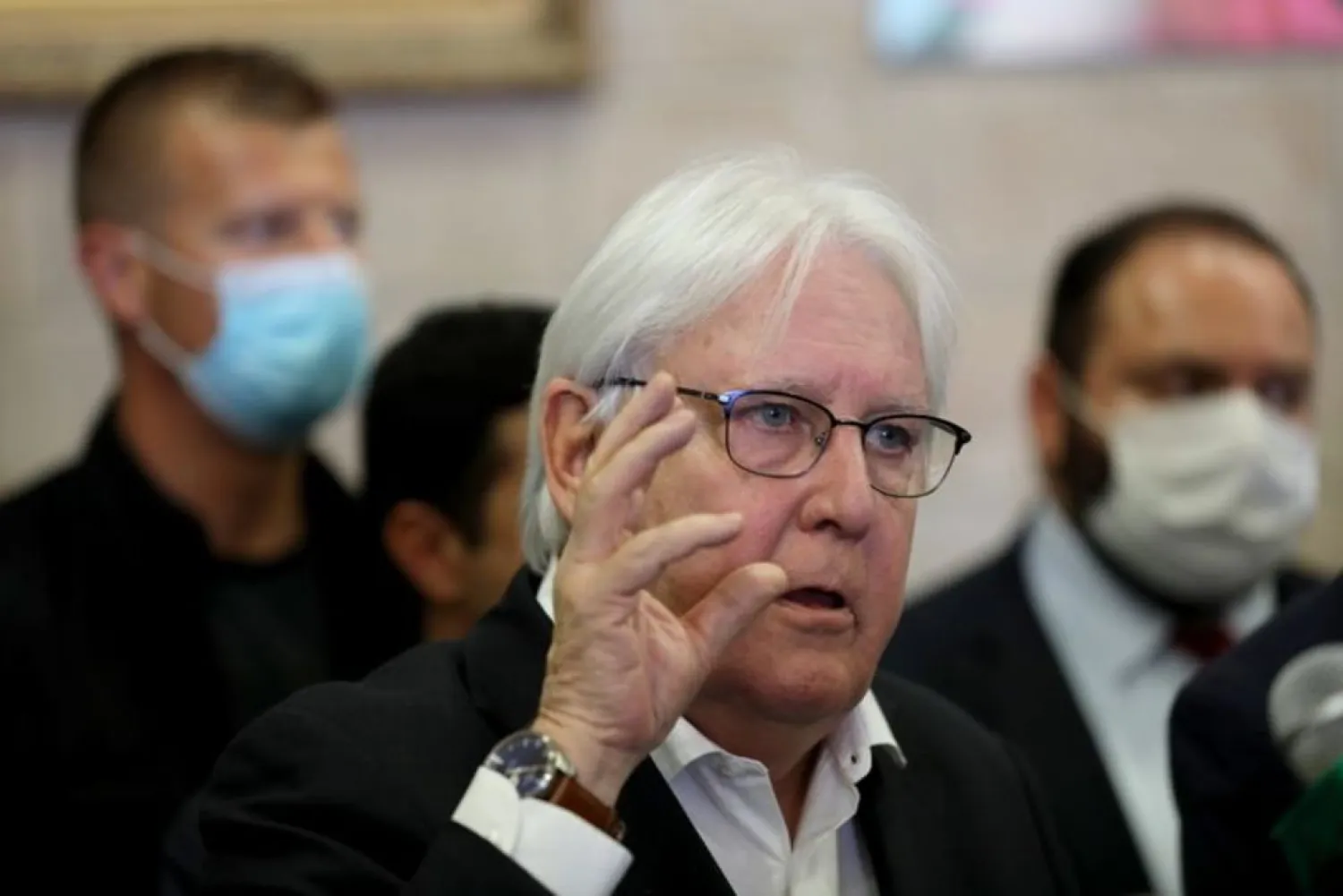Outgoing UN Yemen mediator Martin Griffiths told the Security Council on Tuesday that after three years of trying to broker an end to the conflict in the Arabian Peninsula country, "the parties have yet to overcome their differences."
"I hope very, very much indeed ... that the efforts undertaken by the Sultanate of Oman, as well as others, but the Sultanate of Oman in particular, following my visits to Sanaa and Riyadh, will bear fruit," Griffiths told the 15-member council during his last briefing.
Griffiths is set to become the UN aid chief next month.
An Omani delegation visited Yemen's capital Sanaa last week and met with the leader of the Houthi group, Abdulmalik al-Houthi.
Oman recently stepped up efforts to back UN shuttle diplomacy and met with Saudi officials several times in a bid to persuade both parties to agree on a ceasefire deal.
"Yemeni men, women and children are suffering every day because people with power have missed the opportunities presented to them to make the necessary concessions to end the war," Griffiths told the council.
UN Secretary-General Antonio Guterres is yet to appoint Griffiths' successor, but some diplomats said front-runners were the European Union ambassador to Yemen, Hans Grundberg, and former British diplomat and former UN Somalia envoy Nicholas Kay.
Gutterres' choice of a replacement for Griffiths has to be approved by the 15-member UN Security Council.









